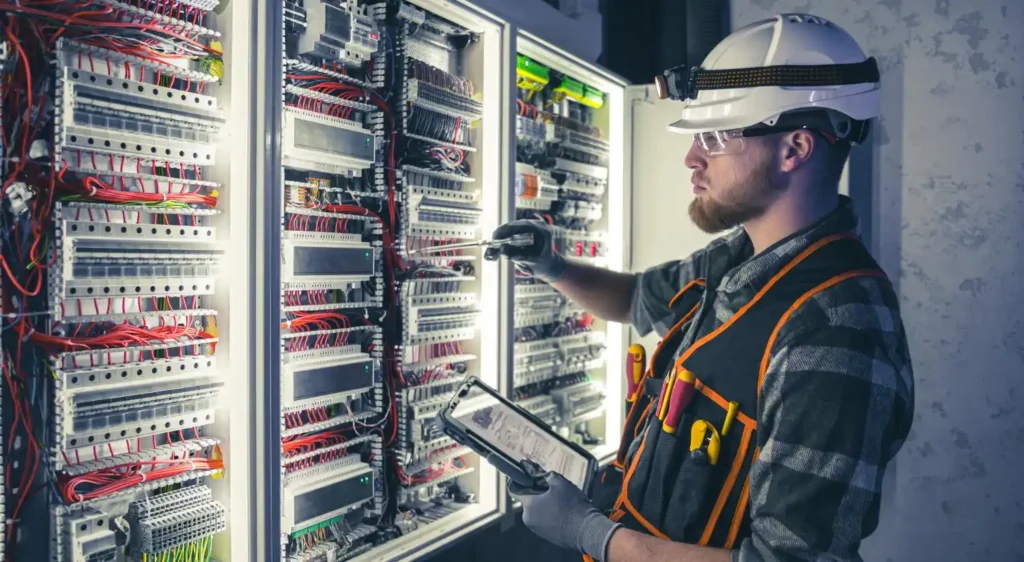Research carried out by Citizens Advice last year concluded network companies are set to receive £7.5 billion over the current RIIO price controls. This amounts to an average of £285 per household, over eight years.
A number of companies responded to Citizens Advice’s research by taking voluntary action to return money to consumers in the current price control.
Citizens Advice is calling on electricity distribution networks, as well as the remaining gas distribution companies (Northern Gas Networks, Wales and West Utilities), to take action and return this money to their customers.
The charity is also calling on energy regulator Ofgem to ensure that this does not happen again by making sure that the next set of price controls deliver a better deal for consumers.
The research shows that even in the regions least affected (London, Southern and South East England, the North West and Eastern England), networks are set to make excess profits averaging £75 per household across the eight-year price control. Meanwhile electricity distribution companies in North Wales and Merseyside, South West England and Northern Scotland are set to make the highest excess profits.
Gillian Guy, chief executive of Citizens Advice, said: “People across the country are overpaying on their energy bills, because some network companies are making unjustified profits.
“Ofgem has signalled its intention to deliver a tougher settlement on the network companies and a better deal for consumers. The regulator will undoubtedly face strong and sustained opposition as the networks try to protect the status quo. Ofgem must hold its nerve and make sure that the next price control delivers much better value for consumers.
“But rather than wait for the next price control to be in place, firms which haven’t already should return these unjustified profits to consumers as a matter of priority.”
A spokesperson for the Energy Networks Association said: “The calculations underpinning this analysis are plucked out of thin air and run directly counter to the conclusions of the independent regulator and the Competition and Markets Authority. Network costs are down 17% under the current ownership model, delivering £9bn of savings for consumers by running a world-class system of energy networks more efficiently.”

